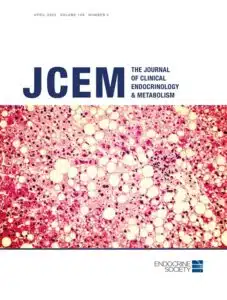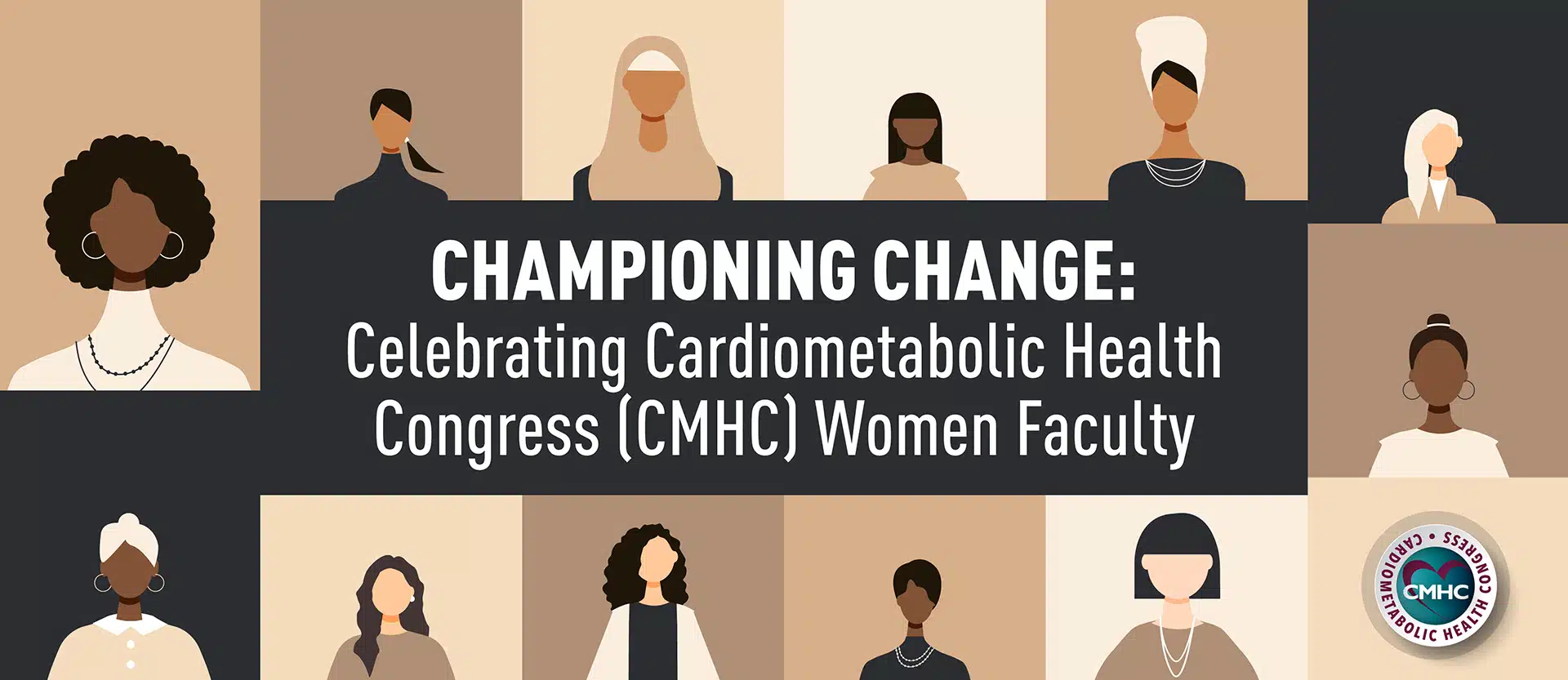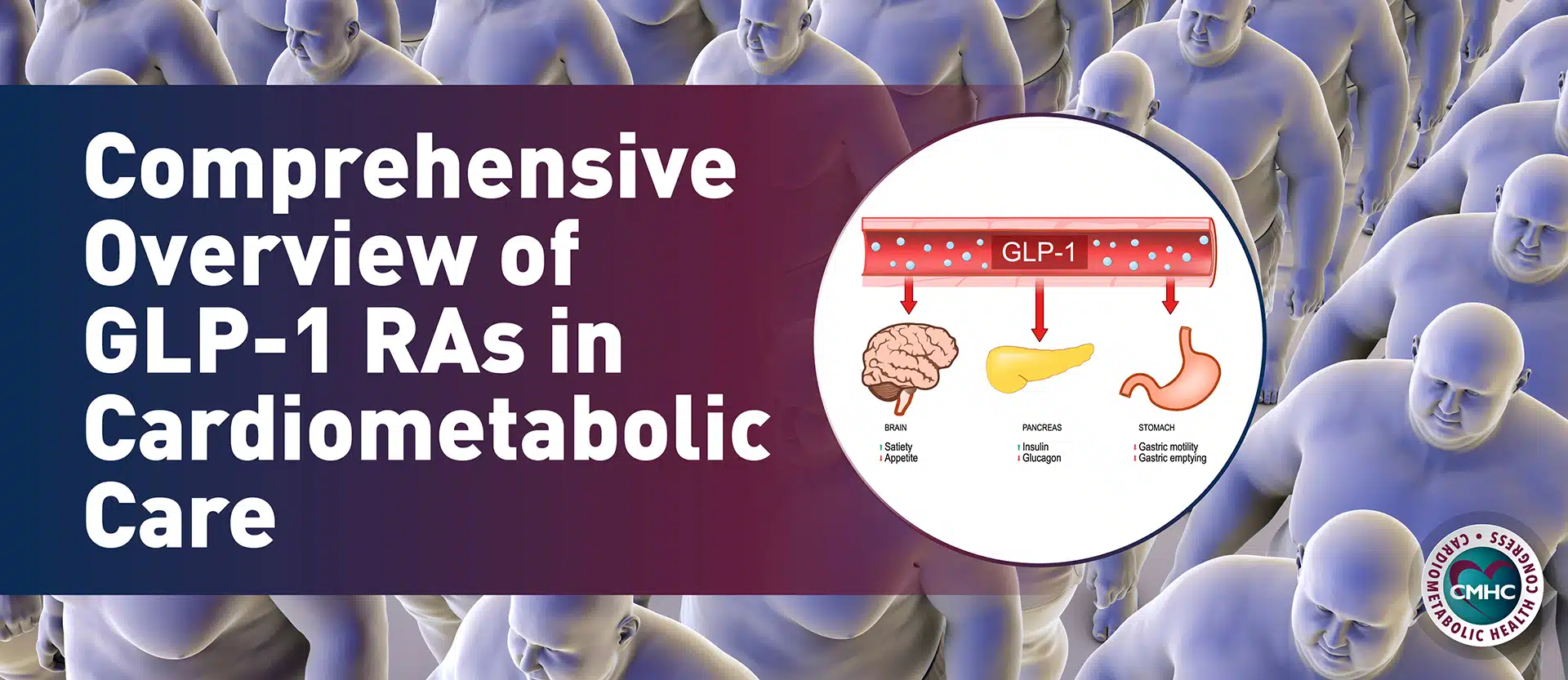Compared with their nonpregnant counterparts, pregnant women with COVID-19 experience a more severe disease course with increased rates of intensive care unit admission and need for mechanical ventilation. Based on this information, a new study published in The Journal of Clinical Endocrinology & Metabolism in March 2023 investigated whether in-utero disturbances from maternal COVID-19 infection translate to health consequences in offspring after birth.
Background
Many chronic and acute maternal infections during pregnancy are linked to long-term multisystemic morbidity in offspring; often linked to certain early-life predictors of cardiometabolic disease. Hallmarks of other SARS-CoV infections – immune activation, hypercoagulability, and hypoxia – impact fetoplacental development, but in contrast to common coronaviruses, immune alterations from COVID-19 infection may persist long after the virus has cleared. Existing data strongly suggest that COVID-19 infection during pregnancy creates a pathologic intrauterine environment which may result in preterm birth, gestational hypertension, and pre-eclampsia. Examinations of placentas from pregnancies complicated by COVID-19 show “robust inflammation at the maternal–fetal interface cha
Based on these established observations, a group of researchers from Massachusetts General Hospital and Harvard Medical School sought to determine the resulting health repercussions on infants born to mothers who’d had COVID-19 during their pregnancies.
Study details
From March 30, 2020, to May 30, 2021, researchers followed and analyzed data from 149 babies with in-utero exposure to maternal COVID-19 and 127 babies without known exposure. Health data was gathered from these participants of the Mass General Brigham COVID-19 Pregnancy Biorepository for weight, length, and body mass index (BMI) at 0, 2, 6, and 12 months, standardized using World Health Organization growth charts. The resulting analyses were adjusted for factors of maternal age, ethnicity, parity, health insurance, birth BMI, sex, birthdate, and feeding methods.
Results and implications
The resulting data showed that infants exposed to COVID-19 in-utero exhibited lower birth weight, lower birth BMI, and accelerated postnatal weight gain compared with their unexposed counterparts. These findings have significant implications on long-term health because growth trajectories in early life are key predictors of long-term obesity and cardiometabolic disease. The authors concluded:
“Our data underscore the primacy of prevention with respect to prenatal SARS-CoV-2 infection including the need for widespread implementation of protective measures such as indoor masking and COVID-19 vaccination and boosting during or prior to pregnancy. Importantly, given the disproportionate impact that COVID-19 has had on historically marginalized populations, adverse health outcomes following in utero exposure to maternal COVID-19 may threaten to widen existing disparities in child health.”
SOURCES:
















